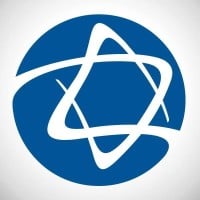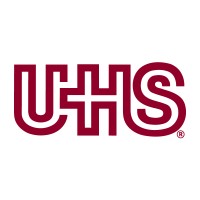
Hospital Albert Einstein
O nascimento da Sociedade Beneficente Israelita Brasileira Albert Einstein, na década de 50, resultou do compromisso da comunidade judaica em oferecer à população brasileira uma referência em qualidade da prática médica. Mas a Sociedade queria ir além da simples construção de um hospital. E assim foi feito, construído com recursos provenientes de doações e do trabalho de um grupo de pessoas dedicadas, o Hospital Israelita Albert Einstein foi inaugurado em 1971. A partir de então, tornou-se referência em tratamentos com tecnologia de ponta, atendimento humanizado e expandiu suas fronteiras com ações de responsabilidade social e atividades de ensino e pesquisa. Hoje, a Sociedade Beneficente Israelita Brasileira Albert Einstein está à frente de projetos importantes, que mostram como a parceria público-privada pode render frutos para a comunidade. Abrigadas no Instituto Israelita de Ensino e Pesquisa Albert Einstein, as atividades de educação e pesquisa são o motor de inovação que não se restringem aos pacientes do Hospital Israelita Albert Einstein e englobam cursos técnicos, de graduação e de pós-graduação, treinamentos sofisticados e pesquisas clínica e experimental. O Einstein é hoje um sistema de saúde. Nossas sementes se espalham em diversas frentes e endereços, multiplicando frutos em benefício dos pacientes, da sociedade e do Sistema Público de Saúde.






